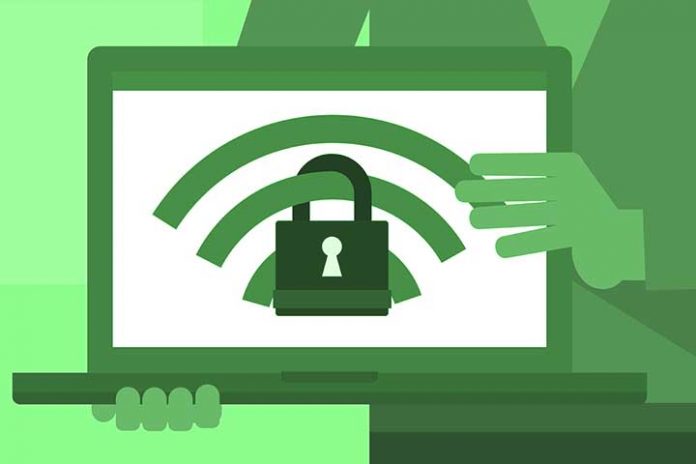Today the use of the Internet is essential for our children. They use it daily to communicate, study, learn, entertain and have fun, but it is our responsibility as parents to guide them and make sure they use it correctly.
The most important thing is to be clear about the rules by which we are going to govern in our house, talk about them and agree on them with our children so that we all know that we need to follow them.
1. Promotes responsible use
As a first measure, it is recommended that the computer be used in a common room so that children do not lock themselves in their room with it and avoid their participation in chats with strangers.
In addition, we must know the passwords of all the devices and social networks of our children, although we must not invade their privacy unless we consider it necessary and we must notify them before doing so. This is the best way to establish adequate ‘digital communication’ with our children and favor responsible use.
Privacy and intimacy are difficult to understand when they are small, that is why we have to inform them that their photos, their phone, and their personal data will be accessible to anyone if they publish them on the Internet or on Social Networks. Likewise, we must know the dangers they may face and explain them to them.
2. Set the limits
We must establish limits for exposure and use of screens based on the age of our children. This is important to create good habits and to teach themselves to use the Internet responsibly. To regulate the schedules with adolescents it is convenient to use negotiation. In the event that conflict situations are exceeded, it is advisable to seek help.
Screen exposure
Between 2 and 6 years of age, the maximum time they should spend in front of a screen (TV, Internet, tablet…) should not exceed 1 hour. From the age of 7, the total daily amount of screen exposure should not exceed 2 hours. There are filters for screens that protect your retina.
Limit the time
It is very important that you mark the hours in which they can be in front of a screen. Before going to bed, it is not recommended that they be connected to avoid that the excitement caused by the interaction with ICTs makes it difficult for them to fall asleep.
3. Protect them
Passwords
You can know the passwords of all the devices and social networks of your children but do not invade their privacy unless you consider it necessary and notify them before doing so. This is the best way to establish adequate “digital communication” with our children and promote responsible use.
Privacy
Privacy and intimacy are difficult to understand at his age. Remind them that their photo, their phone, and their personal data will be accessible to anyone if they publish them on the Internet or on Social Networks. You should also know the dangers they face and explain them to them.
4. Avoid risks. Parental control
To avoid risks and access safe content, it is advisable to install tools such as parental control on our devices and on that of our children adapted to the needs and maturity of our children.
Parental filters allow you to prevent access to unwanted content, establish time limits for use, monitor the location of your children, ultimately achieving a safe environment.
5. Videogames
While they are small it is important to play with them. Playing video games with your children is an opportunity to integrate more into their world, get to know it, and make them feel that you dedicate time to them and thus generate a better paternal/maternal bond. Also now with multiplayer platforms, we can encourage them to play online with distant family or friends and thus maintain contact.
However, we must activate the control filters of the consoles so that they cannot establish direct contact with strangers.
6. Social networks
Risks prevention
Far from isolating them, the networks enhance and increase their social circle. Advise your children and accompany them in all their projects and doubts, in order to identify risk situations in time, from which you will all learn.
Profiles in your networks
Participate and experience what a Social Network is from within in order to better understand the environment and the interactions that take place there. May your children always keep you in mind both virtually and physically. Remember that now, Social Networks are their world, and you have to learn their language, that will help you to know your children better.
The important thing is to be clear about the rules by which we are going to govern in our house, to talk about them and agree on them with our children, so that we all know that we need to follow them. The importance of limits will generate a climate of trust and good communication with our children around the use of technologies, making clear its many advantages and the importance of using them responsibly.

